A parliamentary inquiry has exposed serious irregularities in how Ksh 720 million was spent on government-sponsored students in private universities. It was revealed that some of this money was allocated to students who were not placed by the Kenya Universities and Colleges Central Placement Service (KUCCPS), raising concerns about financial mismanagement in the education sector.
The National Assembly’s Public Accounts Committee (PAC) grilled Higher Education Principal Secretary Beatrice Inyangala after the Auditor General’s report flagged several discrepancies. Among the flagged issues was Ksh 201.6 million disbursed to 15 universities for 4,521 students who were not placed by KUCCPS.
Another Ksh 412.7 million was paid for 9,489 students who had exceeded the duration of their courses, while Ksh 17.77 million was lost through double payments. Further, Ksh 354.19 million was allocated to students who had already graduated, and Ksh 53.59 million was paid for students who had deferred their studies or were on long academic leave.
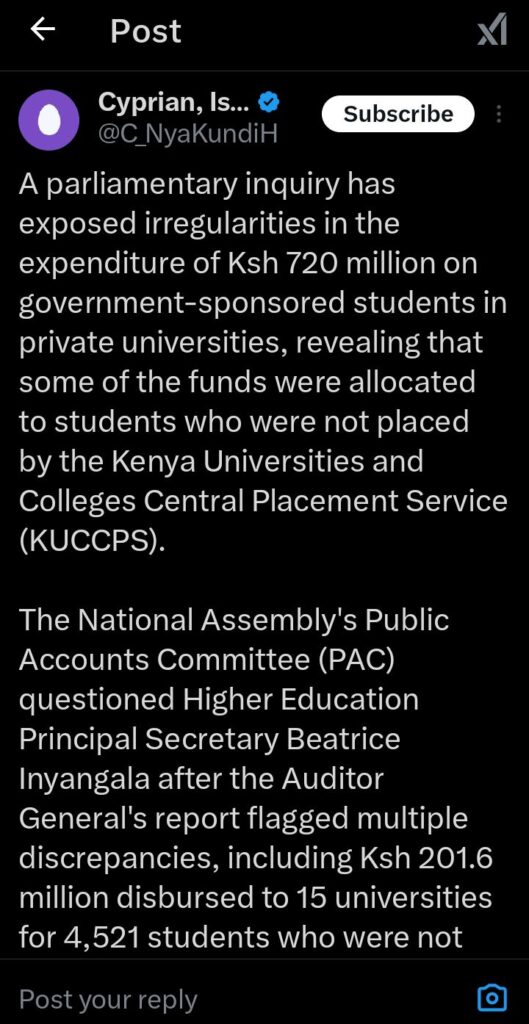
Legislators expressed outrage over these revelations, questioning why public funds were used to support private universities instead of strengthening public institutions.
PAC chairperson Tindi Mwale, along with MPs Nabii Nabwera, Joseph Emathe, Geoffrey Ruku, Otiende Amollo, Naisula Lesuuda, and Edwin Gichuki, raised concerns over the misallocation of resources.
Ruku criticized the funding as an example of how private interests had captured the Education Ministry, while Emathe argued that public universities were suffering due to poor financial decisions.
The lawmakers demanded an explanation as to why public money was being funneled into private institutions instead of being used to improve public universities, which have been struggling with underfunding and poor infrastructure.
In response, Beatrice Inyangala defended the payments, claiming that a review by the Universities Fund (UF) had confirmed that all 4,521 students in question had indeed been placed by KUCCPS. She argued that their placements were not reflected due to institutional transfers, which may have led to the discrepancies in records.
However, this explanation did not sit well with the legislators, who insisted that the government should have better oversight mechanisms to prevent such financial inconsistencies.
The inquiry also revealed that 5,154 students had exceeded their study period due to financial constraints, illness, or academic disruptions caused by COVID-19, which UF Acting CEO Edwin Wanyonyi said justified the payments.
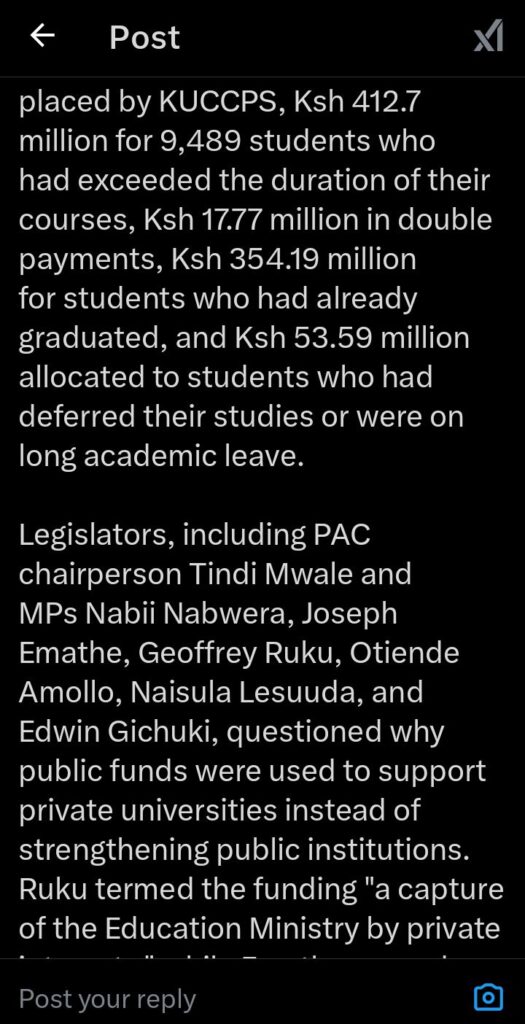
Another key concern raised by PAC was whether universities had refunded any excess funds they received.
Wanyonyi reported that Ksh 4.44 million had been recovered so far, but some universities claimed that the government still owed them money.
This raised further questions about the accountability of funds and whether the government was doing enough to track and recover misallocated money.
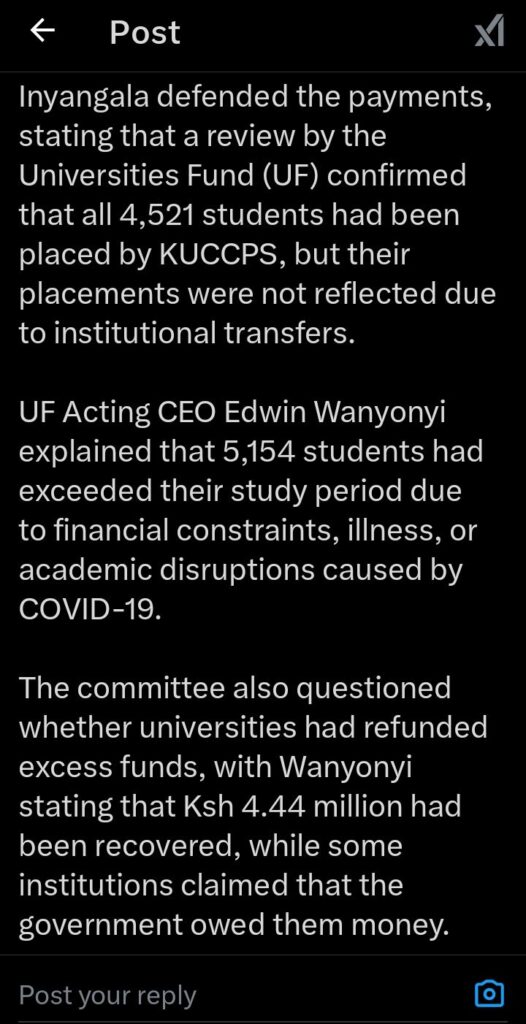
The revelations have reignited debate over the funding of higher education, with critics arguing that mismanagement in the Ministry of Education is making it harder for students in public universities to access quality education.
Many are now calling for stricter controls on how funds are distributed to ensure that taxpayer money benefits students who genuinely need support rather than being lost through poor record-keeping and mismanagement.







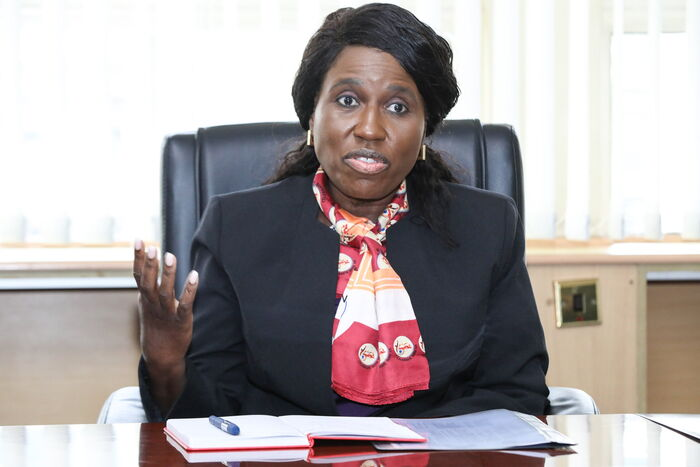





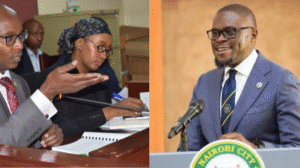
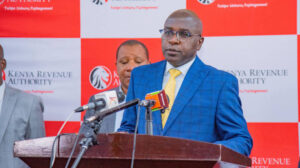
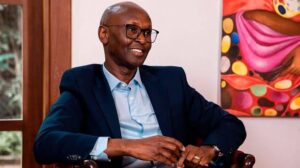


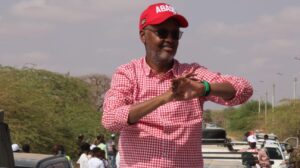


Add Comment